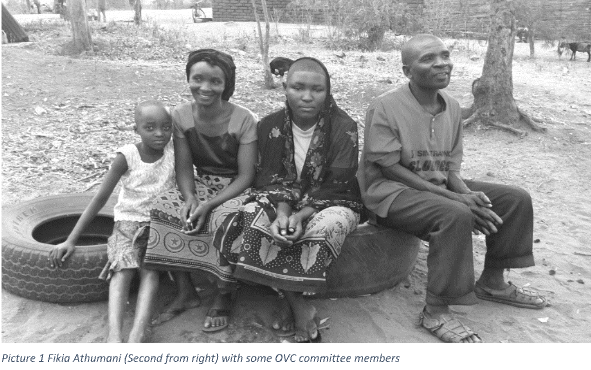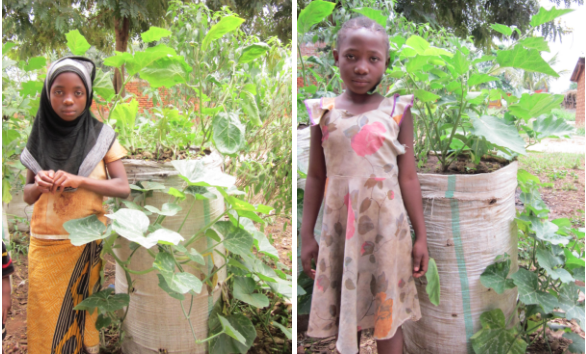Nine years ago, in Kipera Village, a young orphan named Fika Athumani faced an uncertain…

Mrs. Mohameid Ally, a resilient farmer from Madizini village in Mtibwa ward, has experienced a remarkable transformation in her family’s livelihood thanks to the skills and knowledge acquired through the TAPP project. Alongside her husband and children, Mrs. Mohameid established a thriving vegetable garden, applying the valuable training provided by expert agronomists.
Under consistent supervision and guidance, the garden flourished. The family’s commitment to agronomic practices resulted in healthy, vibrant crops. This transformation not only improved the appearance of their garden but also significantly enhanced the family’s nutritional intake and financial stability.
“We are incredibly thankful for the essential skills we were taught, Thanks to the support, I’ve been able to increase my family’s income, pay my children’s school fees, and provide them with uniforms and necessary school materials. We are also eating healthier, with balanced meals that include vegetables and fruits—something we didn’t prioritize before,” said Mrs. Mohameid Ally.
The financial impact has been substantial. Recently, Mrs. Mohameid and her family harvested and sold 300 bunches of Chinese cabbage to local markets, earning 115,000 Tanzanian shillings. This income has helped them meet essential household needs, improving their quality of life.
The entire family worked together on various activities in their garden, including planting vegetable seeds, irrigation, weeding, fertigation, and fencing. They were equipped with comprehensive skills, from preparing nurseries and ensuring proper spacing on raised beds to creating kitchen gardens using sacks. These techniques enabled the family to optimize their productivity, cultivating a variety of vegetables such as green peppers, eggplants, Chinese cabbage, white cabbage, spinach, amaranths, and African eggplants.
Through the project’s intervention, Mrs. Mohameid Ally and her family have gained critical agricultural skills that have led to nutritional security and economic empowerment. Their story exemplifies the positive change that agricultural training can bring to rural farming communities, offering families like theirs the opportunity for a better and brighter future.




